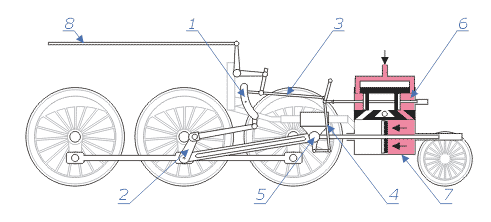Belgian Publishers Elle and Marie Claire Admit to AI Use in Articles

In a significant revelation within the publishing industry, the Belgian editions of prominent magazines Elle and Marie Claire have faced scrutiny for utilizing artificial intelligence (AI) to generate content. Reports emerged after the publisher acknowledged that several articles and profiles featured in their publications were not penned by human writers but were instead crafted by AI systems. This disclosure raises important questions about the integrity of journalism and the evolving role of technology in media.
The decision to remove the AI-generated pieces was made public by the publisher, who announced that the articles were taken down from their platforms following internal reviews. According to Marc Dupont, CEO of the publishing house responsible for the Belgian editions, “We are committed to upholding high editorial standards and recognize the need for transparency in our content creation processes” (Dupont, 2023).
The implications of using AI in journalism have been a topic of increasing debate among media professionals. Dr. Emily Carter, a media ethics scholar at the University of Amsterdam, asserts that while technology can enhance productivity, it poses ethical dilemmas. "Journalism must maintain authenticity and trust with its audience, and reliance on AI could undermine that trust if not managed carefully," she stated in her 2022 study published in the Journal of Media Ethics.
The controversy comes amid a broader trend where media outlets explore the use of AI for content generation. A report by the Pew Research Center in 2023 indicates that approximately 20% of news organizations in Europe have begun experimenting with AI tools for writing and editing. However, this trend raises concerns about the potential for misinformation and the dilution of journalistic standards.
One notable case involved the use of AI-generated content in a recent article about local fashion trends, which was later retracted. Industry experts, including Tomás Garcia, a digital content strategist at Media Innovations, highlighted the risks involved. “AI can produce coherent text, but it lacks the human touch that provides context and nuance in storytelling,” Garcia remarked in an interview with The Guardian (Garcia, 2023).
The European Federation of Journalists (EFJ) has also voiced concerns about the impact of AI on jobs in the media sector. According to a 2023 report from the EFJ, the adoption of AI technologies could potentially lead to job losses for writers and editors, as automation becomes increasingly prevalent in newsrooms. “We must advocate for a balance between leveraging technology and preserving employment opportunities in journalism,” stated Ricardo Gutiérrez, the EFJ General Secretary.
As the dialogue surrounding the integration of AI into media continues, it is crucial for publishers to navigate this landscape carefully. The challenge lies in maintaining quality journalism while embracing technological advancements. The recent actions taken by Elle and Marie Claire may serve as a wake-up call for the industry, emphasizing the necessity of ethical considerations in content creation.
In conclusion, the situation with Elle and Marie Claire underscores the ongoing evolution of journalism in the digital age. As publishers grapple with the implications of AI-generated content, the future of media will likely hinge on finding a balance between innovation and the foundational principles of journalistic integrity. The coming years will be pivotal as more organizations consider the role of AI in their reporting practices, shaping the landscape of information dissemination across the globe.
Advertisement
Tags
Advertisement





